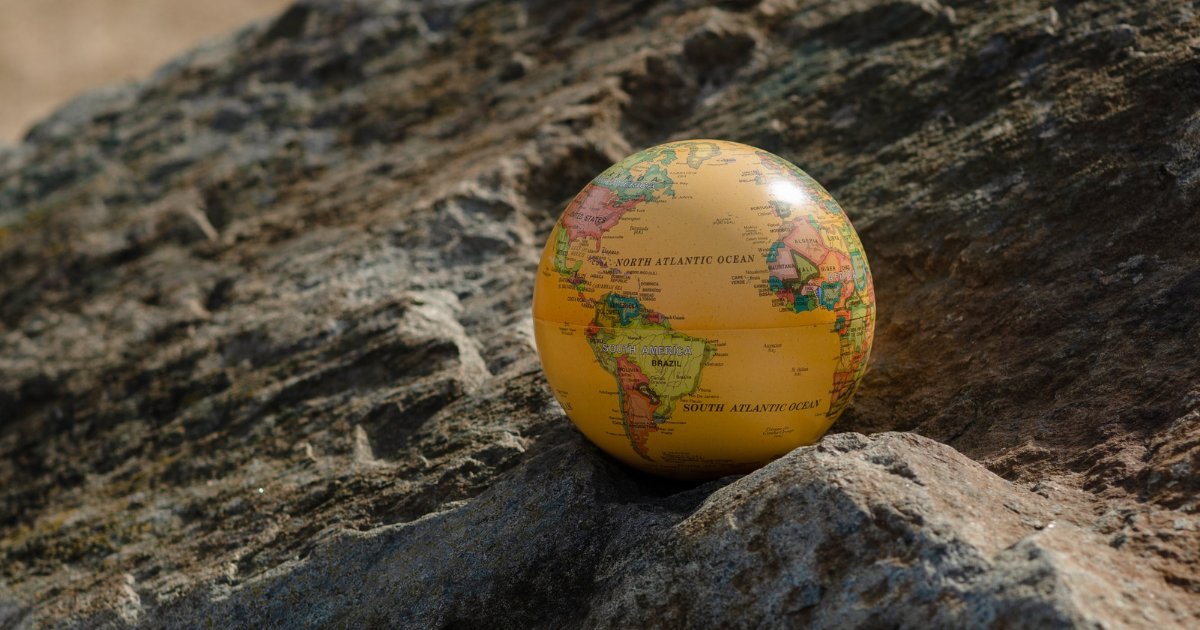
Charity Bbalo, a Religious Sister of the Holy Spirit from Zambia, serves as the research and capacity development coordinator at the Centre for Research in Religious Life and Apostolate, or CERRA. She obtained a bachelor of arts in education (English and religious studies) from the University of Zambia and a master's degree in multicultural and international education from Oslo University College, Norway. She has served as a senior lecturer in a teacher training college and now serves as deputy principal in a girls' high school. She is passionate about researching issues related to religious life, women and the girl-child. She enjoys reading novels and academic articles and writing.
When I was in primary school and preparing for national examinations that would usher us into secondary school, our head teacher always used to tell us to "die a little" in order to live the future we envisioned. As I recalled this advice, I felt that it could easily be adopted if we all hoped to see a world where "swords are beaten into plowshares and spears into pruning hooks" (Isaiah 2:4). The world today is plagued by political and religious strife, economic inequality, and other such situations which fuel conflict among and within nations, ethnicities and religious groupings. 
According to the The Washington Post of June, 29, 2023, over 238,000 people died in global conflict in 2022. This was among the highest in recent years. Conflicts and wars have continued to be recorded, with the latest being in the Holy Land. By the end of November 2023, over 14,000 people had been killed. With such a bleak reality, is it possible to conceive a world where peace reigns? The answer is yes. Scripture reminds us that the birth of Christ, the Prince of Peace, brings hope for a better world. Like the angels announcing his birth, we too can sing "Glory to God in the highest and on earth peace to those on whom his favor rests" (Luke 2:14).
A world where resources are equitably shared is one way of minimizing conflict. This can be done by stretching out of our comfort zones and practicing our faith in an active manner, something akin to what Ignatian spirituality refers to as "faith that does justice." Individuals and nations that have excess resources can share with the less privileged as an authentic show of kinship. Pope Francis noted, "We can multiply all that we have received, making life an offering of love for others."
Another step towards the achievement of peace in every land is by destroying the structural and religious divides that separate us, and coming to a realization that we all need each other. As the philosophy of ubuntu states, "I am because we are." All people, no matter their race, religion and status have something valuable to offer to humanity. Embracing diverse perspectives can replace tension with the value of coexistence.
Instructing the young is another important step towards world peace. When families, schools and religions emphasize peace, tolerance and forgiveness in word and deed, children will grow up to appreciate and practice the said virtues. Media houses can also participate in peace building by highlighting stories about forgiveness, respect and friendship.
Promotion of peace is everyone's responsibility. It requires "dying a little" for the common good. While it is certainly not an easy undertaking, our little collective efforts can make it possible.
We’re delighted to share with you this blog from the monthly feature “The Life” courtesy of our friends at Global Sisters Report. This month, The Life panelists reflected on the question: Is it possible to have a world where peace exists everywhere? And if so, what would it take to make it happen? CLICK HERE to read more blogs from The Life series, GSR’s monthly feature about the unique, challenging, and very specific lives of women religious around the world.